 A computer science journal has retracted two papers, after discovering “a conflict of interest between the handling editor and one of the authors.”
A computer science journal has retracted two papers, after discovering “a conflict of interest between the handling editor and one of the authors.”
Matt Hodgkinson, head of research integrity at Hindawi Limited, which publishes the journal Scientific World Journal, told us that the conflict of interest stemmed from the fact that Zheng Xu, an author on both papers, and Xiangfeng Luo, the handling editor on the papers, were “frequent collaborators.”
Xu—who is based at The Third Research Institute of Ministry of Public Security in Shanghai—and Luo—a professor in the School of Computer Engineering and Science at Shanghai University—have co-authored dozens of papers together, including several that were cited in the now-retracted articles. Luo also told us that Xu was his former PhD student.
When Hindawi approached Xu about the conflict of interest, Xu told us he “fully agreed” to retract the articles but claimed there was another reason for the retraction involving a special issue in the journal. More on that in a moment. Continue reading “We would now catch” this conflict of interest: Hindawi journal retracts two papers

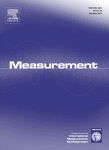
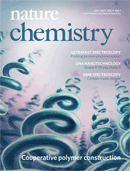
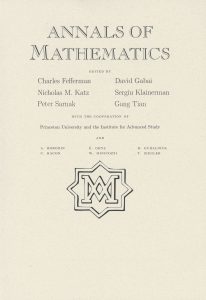
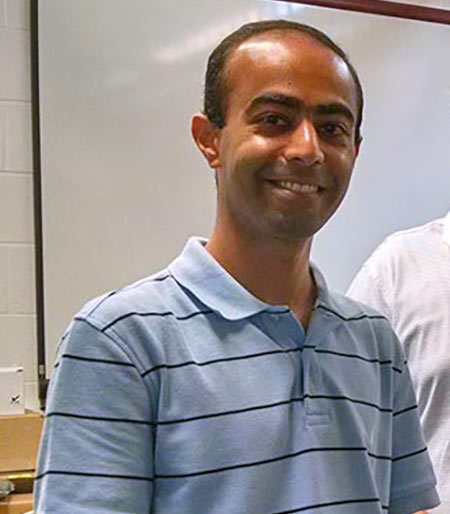

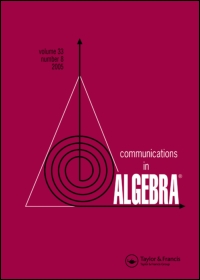
 A Rutgers computer scientist is retracting conference proceedings via an unusual channel: his personal blog.
A Rutgers computer scientist is retracting conference proceedings via an unusual channel: his personal blog.